#empress elisabeth of austria
Text
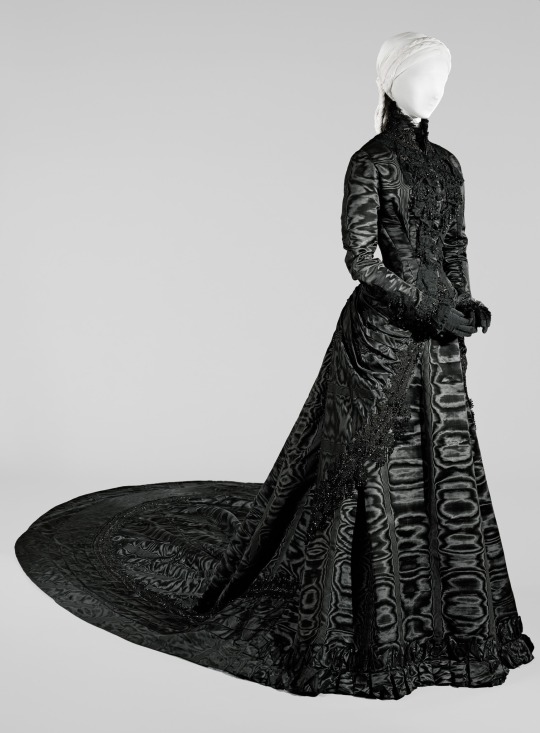
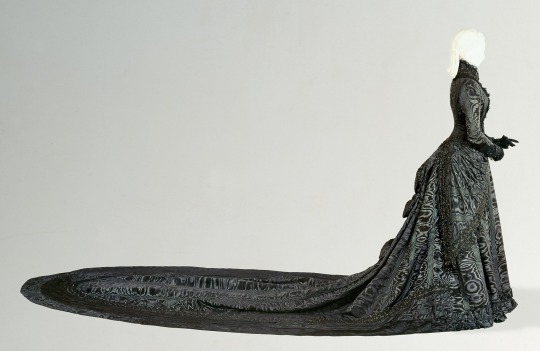
Black Moire Silk Court Dress with Jet Beads, ca. 1885, Austrian.
Worn by Empress Elisabeth ‘Sissi’ of Austria.
Kunst Historisches Museum Wien.
#empress sissi#kunsthistorisches museum#womenswear#extant garments#dress#19th century#austria#1885#1880s#1880s extant garment#1880s dress#black#1880s austria#empress elisabeth of austria#Kunst Historisches museum Wien#khmw
1K notes
·
View notes
Text
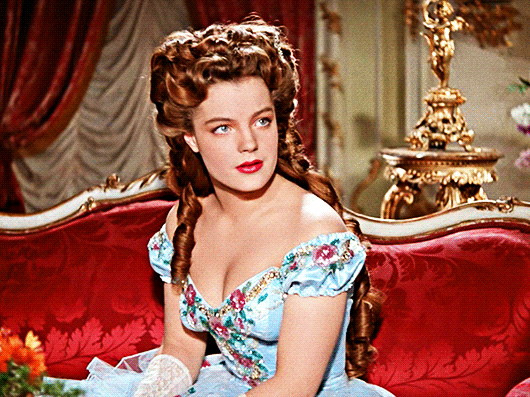


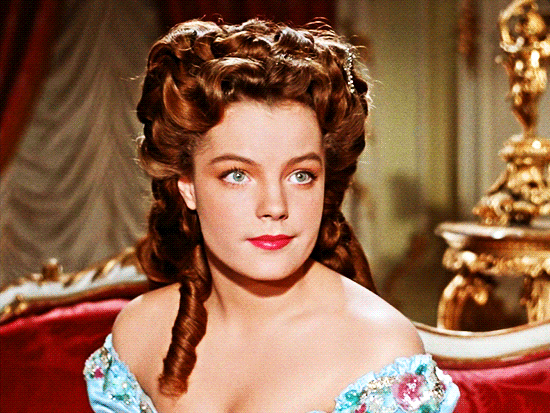
・゚✧*:・ ROMY SCHNEIDER in 'Sissi' (1955)
#she's ethereal <3#romy schneider#empress elisabeth of austria#elisabeth of austria#filmedit#classicfilmcentral#classicfilmedit#old hollywood#oldhollywoodedit#cinematicsource#uservintage#classichollywoodedit#costumeedit#thequeensofbeauty#romyschneideredit#perioddramaedit#perioddramasource#sissiedit#costumesource#by jen
590 notes
·
View notes
Text

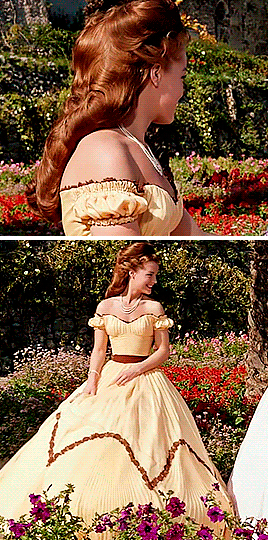
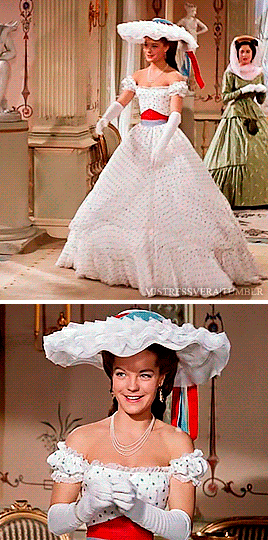

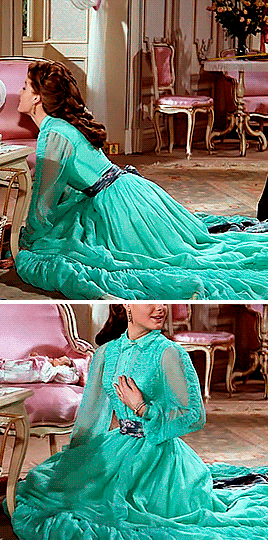


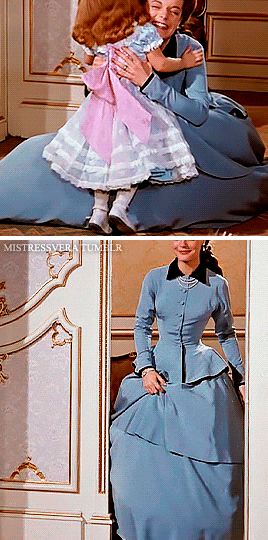

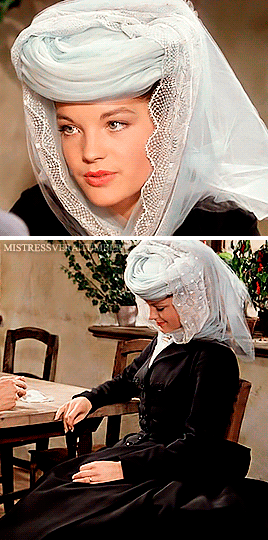
The Sissi Trilogy (1955-1957) costume appreciation: 6/∞
costume design by Leo Bei, Gerdago and Franz Szivats
Period dramas | costume appreciation: 7/∞
#the sissi trilogy#empress elisabeth of austria#costumeedit#costume appreciation#romy schneider#the sissi trilogy costumes#1950s movies#periodedits#the sissi costumes#perioddramasource#historicwomendaily#period drama costumes#onlyperioddramas#perioddramaedit#costumesource#gifshistorical#filmedit#perioddramacentral#costumegifs#weloveperioddrama#filmgifs#filmtvedit#filmtvdaily#tvfilmgifs#tvfilmedit#costumes#tvfilmsource#tvfilmdaily
351 notes
·
View notes
Text
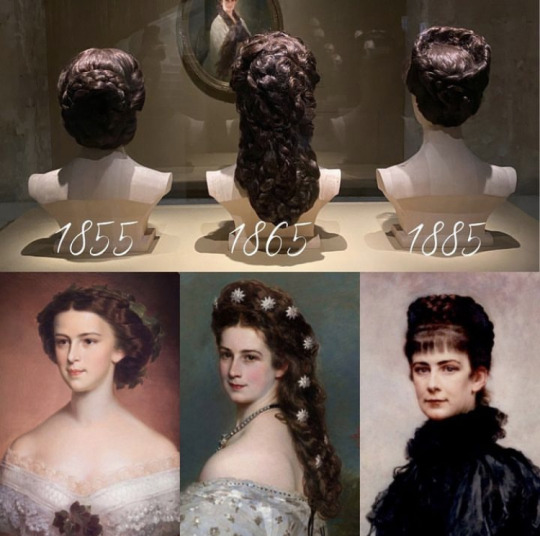
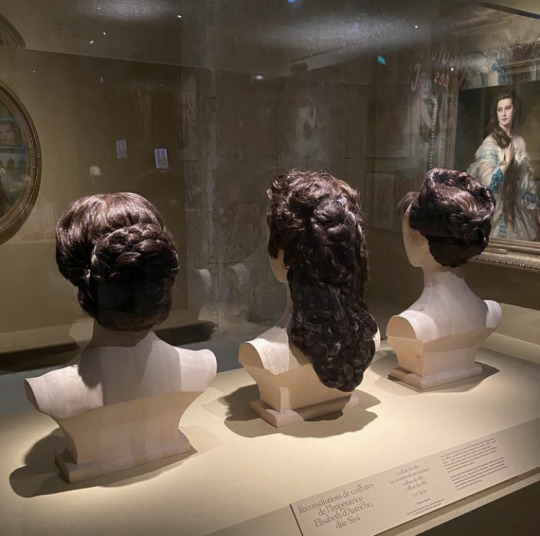
Different hairstyles worn by Empress Elisabeth of Austria.
#historical fashion#empress elisabeth of austria#vintage hair#19th century#victorian#1860s#1850s#1880s
782 notes
·
View notes
Text
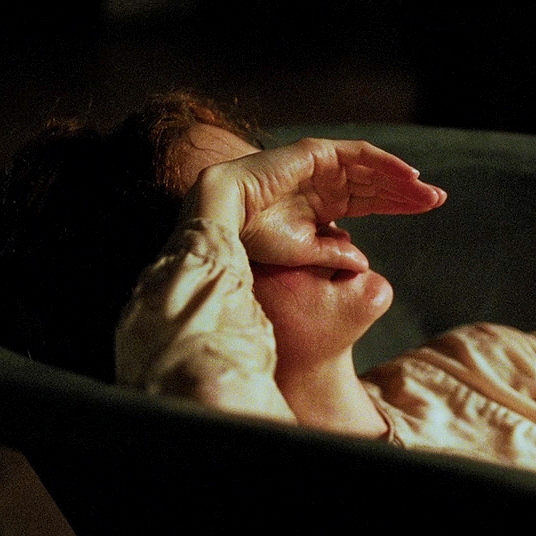
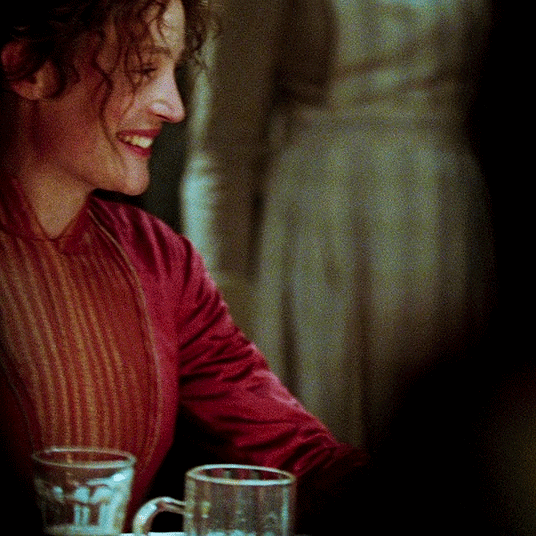
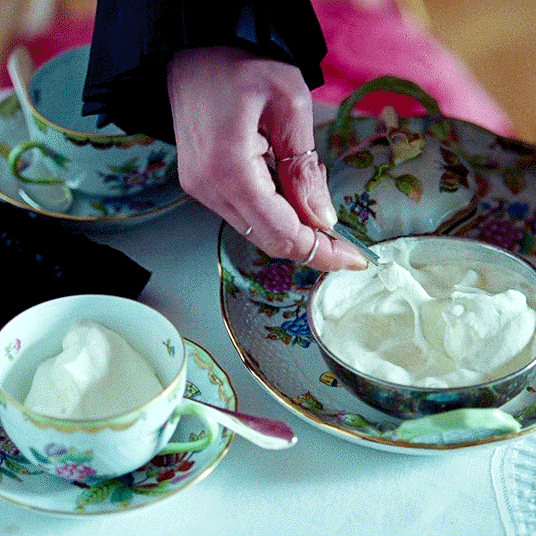
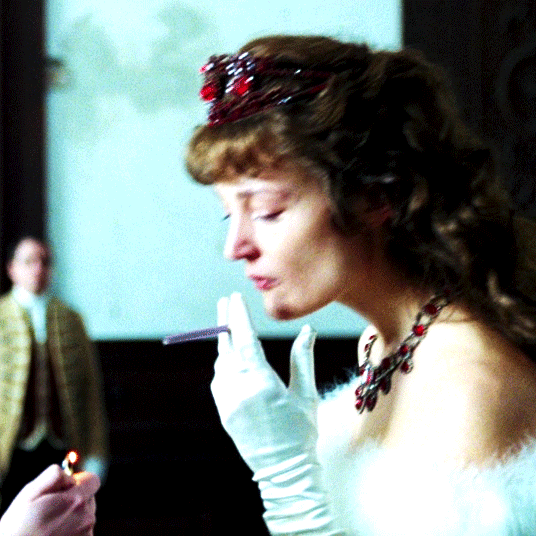
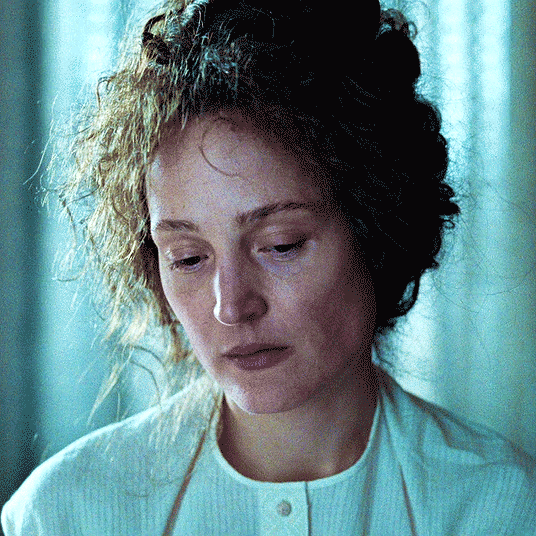
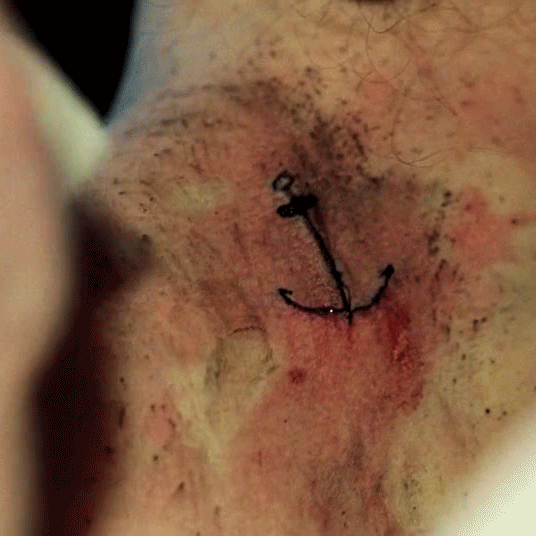
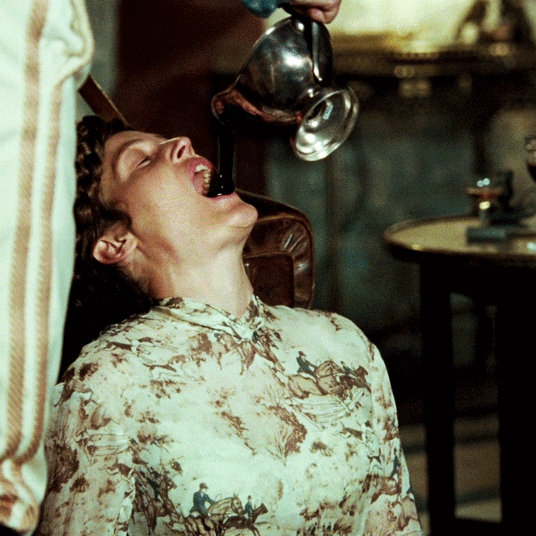
CORSAGE (2022) dir. Marie Kreutzer
#corsage#corsage 2022#corsageedit#vicky krieps#marie kreutzer#*mygifs#film diary#filmedit#filmgifs#moviegifs#movieedit#cinema#cinematic universe#cinematography#cinephile#damn i love this one#usercinemagifs#perioddramaedit#empress elisabeth of austria#cannes film festival#fyeahmovies#dailyflicks#perioddramasource#periodedit
196 notes
·
View notes
Photo
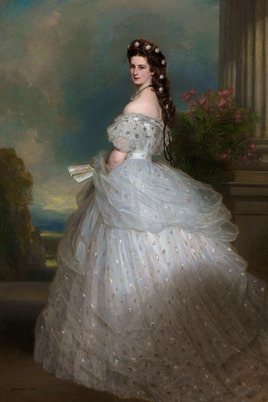

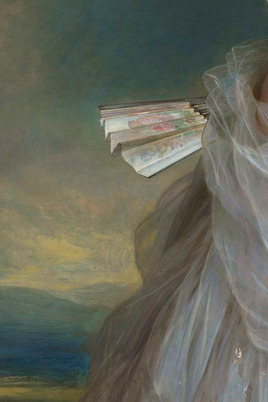



EMPRESS ELISABETH OF AUSTRIA
by Franz Xaver Winterhalter
‘the Empress, as I have often told you before, is a wonder of beauty - tall, beautifully formed, with a profusion of bright brown hair, a low Greek forehead, gentle eyes, very red lips, a sweet smile, a low musical voice, and a manner partly timid, partly gracious.’ John Lothrop Motley, 1864
#empress elisabeth of austria#austria#vienna#HEAR ME OUT#to see this painting in the flesh#was INCREDIBLE#the beauty#the likeness#it is as if she going to move#same goes for the portrait of franz#no wonder everyone wanted to be painted by winterhalter!#his portraits are truly remarquable
642 notes
·
View notes
Text

Elisabeth Amalia Eugenia of Wittelsbach, Empress of Austria, Queen of Hungary
#historical fashion#fashion#historical#history#historical clothing#historical dress#long dress#victorian#victorian era#textiles#19th century fashion#19th century#austria#1800s dress#1800s fashion#1800s#1800s art#textile#painting#empress elisabeth of austria#queen of Hungary
92 notes
·
View notes
Text

Posthume portrait of Elisabeth by J. von Koppay. (1890s)
#duchess elisabeth of bavaria#elisabeth of austria#empress elisabeth of austria#empress sisi#sisi of austria#kaiserin sisi#old art#art#19th century#19th century fashion#1890s#1890s dress#circa 1890#1890s fashion#1890s art
119 notes
·
View notes
Text

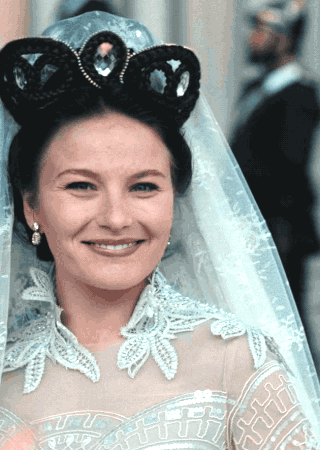


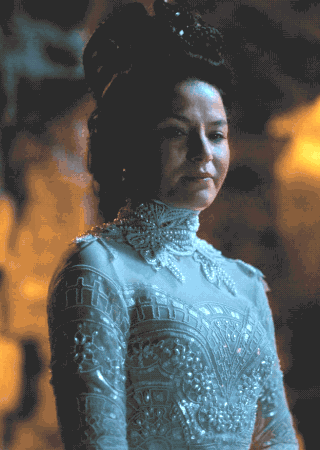
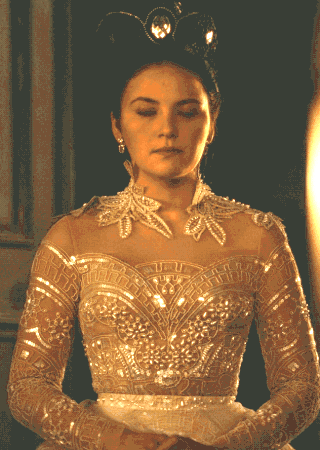
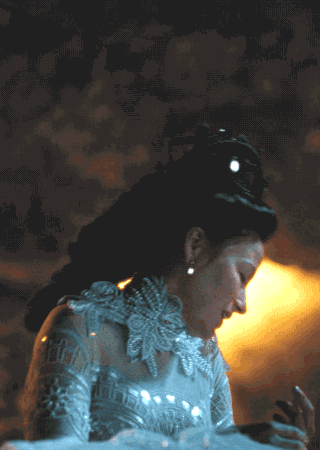
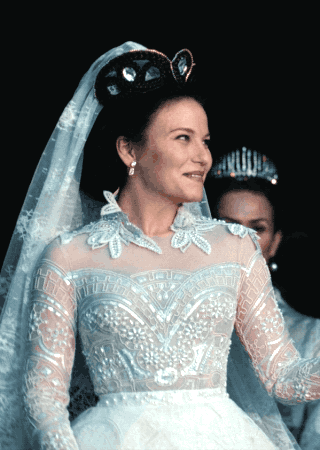
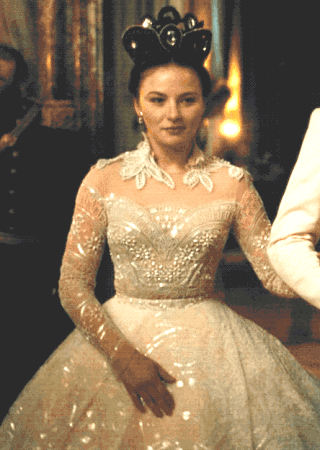

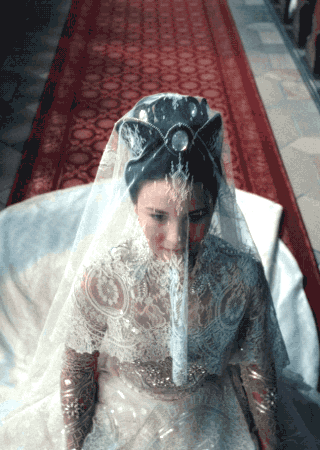

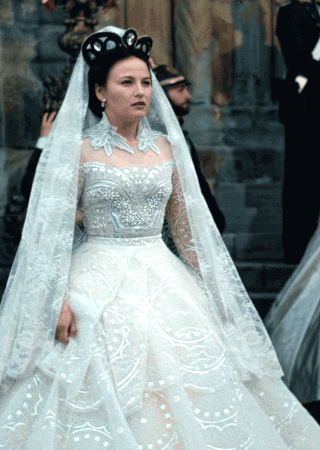
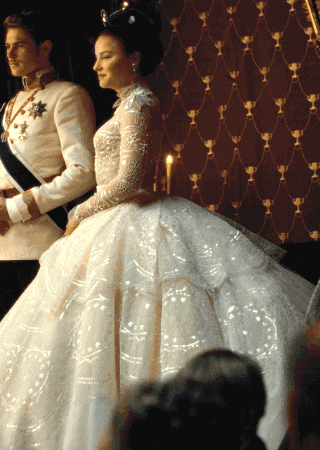

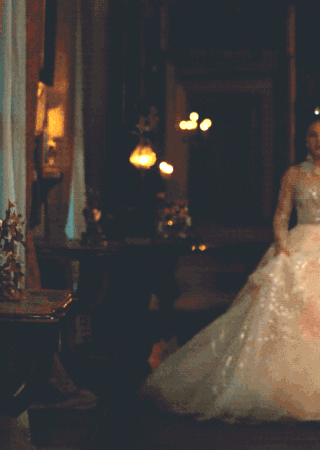

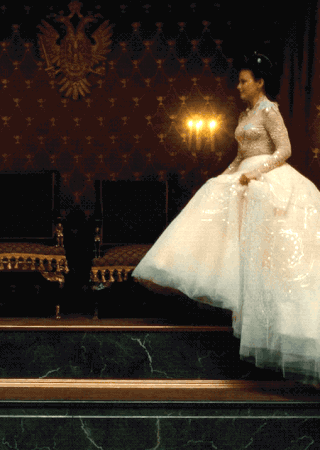



(Almost) Every Costume Per Episode + Sissi's wedding gown in 1x01,2,3
#The Empress#TheEmpressEdit#Die Kaiserin#DieKaiserinEdit#weloveperioddrama#perioddramaedit#period drama#historical drama#Sissi#One's Place in the World#The Arrival#The Wedding#costumeedit#costumes#costume drama#Almost Every Costume Per Episode#Elisabeth of Austria#Elisabeth von Wittelsbach#Empress Elisabeth of Austria#Awkward-Sultana
109 notes
·
View notes
Photo




COSTUME APPRECIATION
Duchess Elisabeth von Wittlesbach, The Empress
#duchess elisabeth von wittlesbach#elisabeth von wittlesbach#duchess elisabeth in bavaria#empress elisabeth of austria#sisi#sissi#devrim lingnau#the empress#theempressedit#perioddramaedit#periodedit#gifshistorical#userperioddrama#costumesource#gifs*#ca*#empress*#i had no idea how to tag her lmaoooo
227 notes
·
View notes
Text
It's that time of the year again

94 notes
·
View notes
Text



Cursed historical Valentines be upon ye again
#The Philip one is my masterpiece i hate him iykyk#my art#history art#valentine's day#valentines meme#valentines card#valentines day#empress elisabeth of austria#elisabeth of austria#empress sissi#empress sisi#charles ii of spain#carlos ii#Charles ii#philip ii#philip ii of spain#Also idc if FJ really have Sissi STDs or not my book says he did. If yours doesn't it's your historian against mine#More importantly this is a franz joseph hate account if u wanna drag me for it just keep that bland asshole to yourself & scroll on 💅#Philip transcript: will. I WILL. You have no choice actually#i mean maybe you do? But if it were up to me i mean hey do you wanna get a coffee i love coffee today i ordered a
56 notes
·
View notes
Text

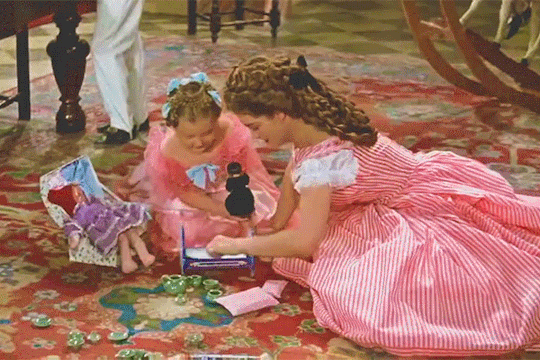

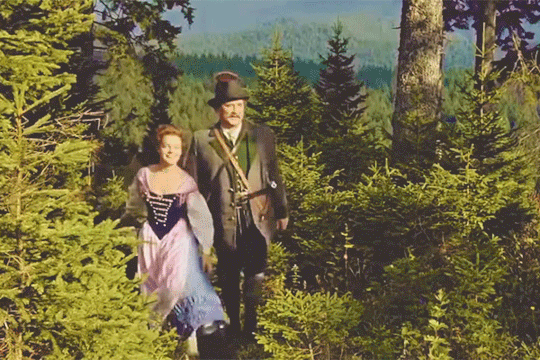
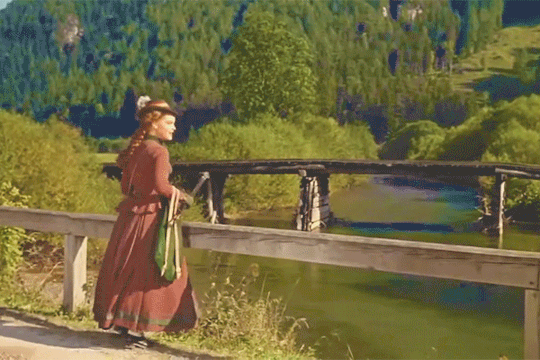

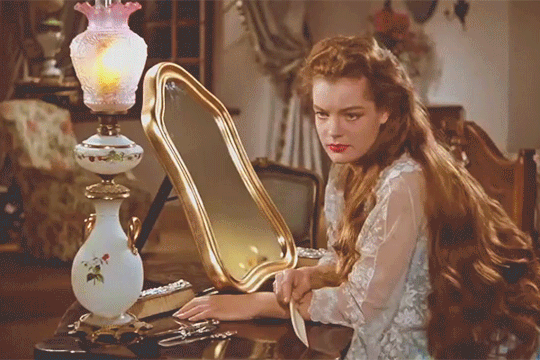
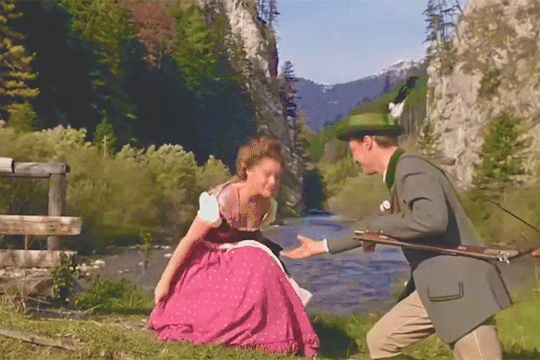


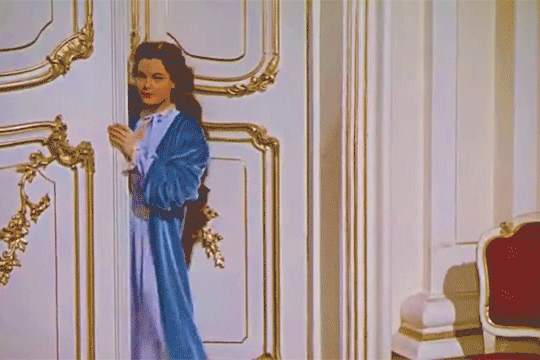
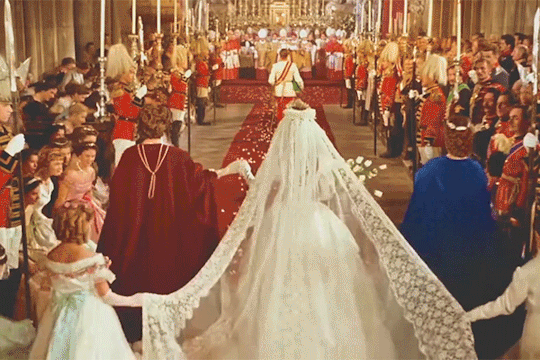
Sissi {1955}
#sissi#sissi trilogy#empress elisabeth of austria#sisi#empress sisi#princess sissi#historical gifs#history gifs#romy schneider
58 notes
·
View notes
Text
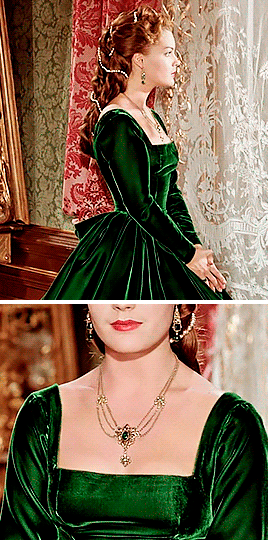
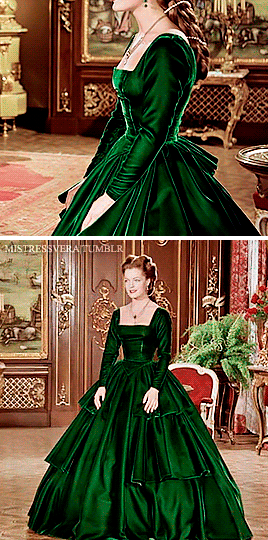
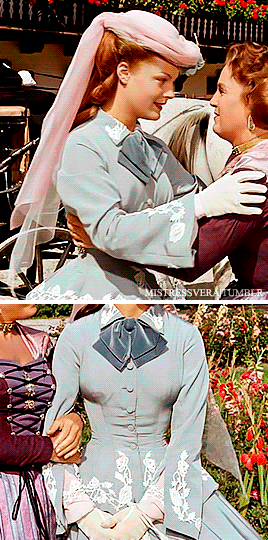
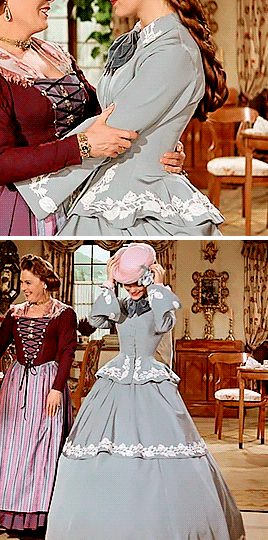
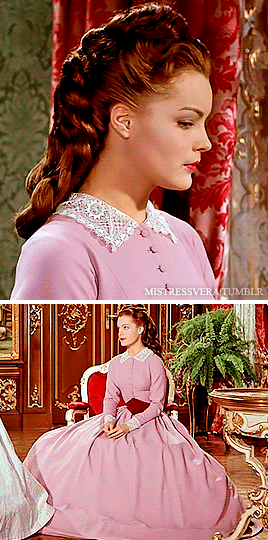
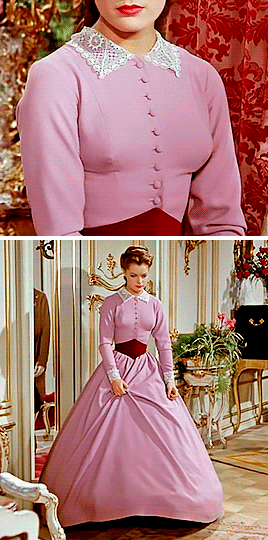
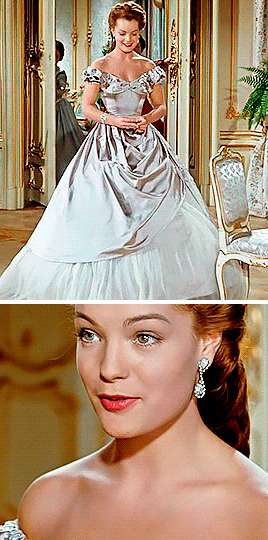
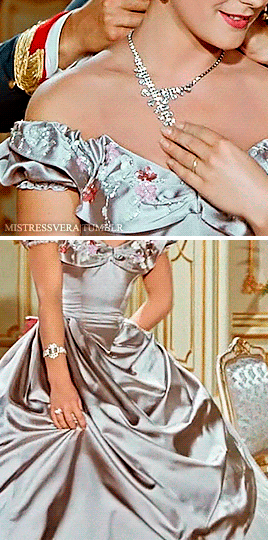
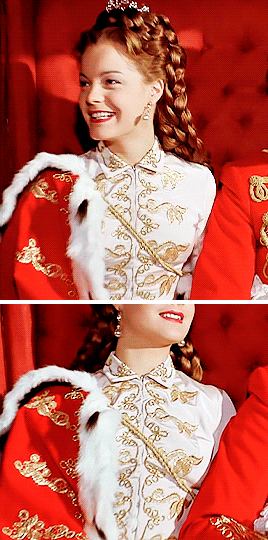

The Sissi Trilogy (1955-1957) costume appreciation: 4/∞
costume design by Leo Bei, Gerdago and Franz Szivats
#the sissi trilogy#empress elisabeth of austria#costumeedit#costume appreciation#romy schneider#the sissi trilogy costumes#1950s movies#periodedits#period drama costumes#the sissi costumes#perioddramasource#historicwomendaily#onlyperioddramas#perioddramaedit#gifshistorical#filmedit#perioddramacentral#costumegifs#filmgifs#weloveperioddrama#filmtvedit#filmtvdaily#tvfilmgifs#tvfilmedit#tvfilmsource#tvfilmdaily
399 notes
·
View notes
Text


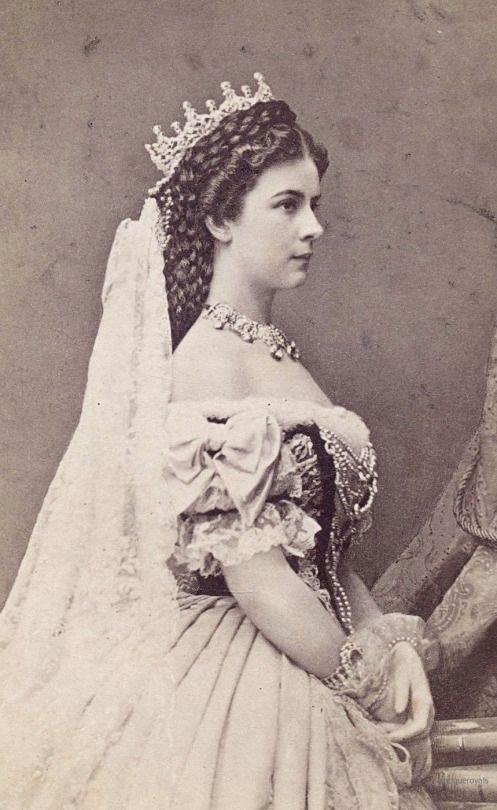
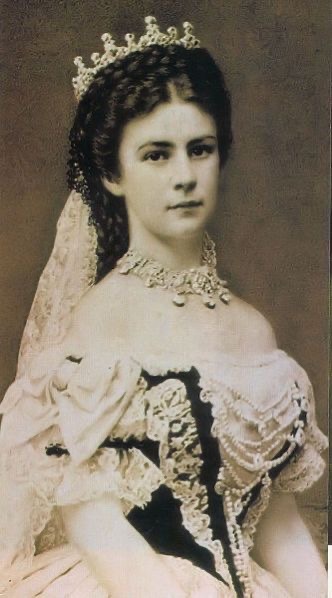
Empress Elisabeth of Austria, or Empress Sisi, would wear face masks of crushed strawberries and honey, rely on face mists such as violet vinegar, wrap her body in hay, take baths in olive oil, take cold showers, wash her hair with eggs and cognac (the full wash and drying process taking up an entire day), and liked to spray it with floral essences.
439 notes
·
View notes
Text
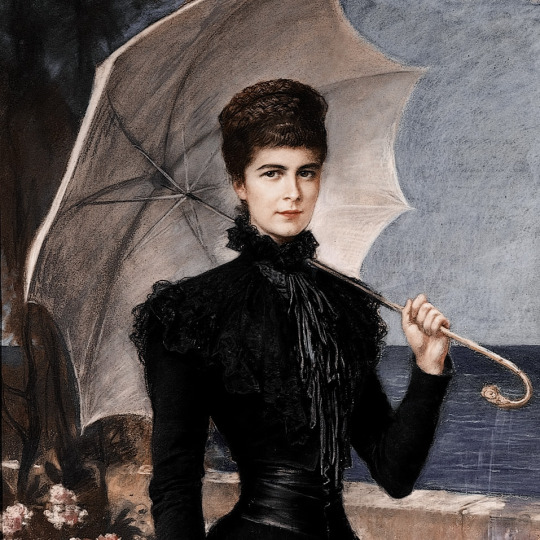

Empress Elisabeth of Austria and her Corfiot palace through the eyes of the Greek royals.
Greece was destined to offer the Empress Elisabeth the hospitality of its soil. She chose Greece as the country where she would hide herself and her sorrow. At Corfu she bought a site of ground from an old Corfiote Statesman called Braïla, and on it she built the Palace which she called "Achilleion", after her hero Achilles, whose statue was in the middle of the top garden terrace, and represented him at the hour of his death, drawing the arrow out of his heel. When in Corfu, it was understood, she was to be strictly incognito, and her wishes were always respected.
One day, suddenly, when we least expected it, she arrived at Athens, having travelled by the ordinary steamer, and called at the Palace accompanied by a lady -in-waiting. She asked the porter whether she could see the King and Queen. On the porter's inquiring who she was, she replied she was "the Empress of Austria." Whereupon we were brought down to verify that statement . It seemed impossible╴but it was the Empress of Austria! Needless to say she obtained her interview, and after half an hour's conversation she took her departure, insisting that her visit should not be returned by my parents.
As she was anxious to study Greek culture, she decided to learn modern Greek, and applied herself to the task with great energy and perseverance. She engaged a tutor for Greek conversation. Her first was Dr. Christomanos, an author and poet, who wrote a charming life of the Empress, which was translated into several languages. Her last was Count A. Mercati, who afterwards became Master of King Constantine's household.
Accompanied by her tutor, the Empress used to go off on a five or six hours' walk, all over the island; and even for the picturesque ceremony of combing and brushing her hair the tutor had to be present, talking Greek to her all the time. She learnt to speak Greek quite faultlessly. In the arrangement of her house the Empress took great pride, setting up the statues of all her new "Gods"; Sophocles, Euripides, Plato and Aristotle. She also had a statue of Heine, the poet, erected in a shrine.
When the Kaiser bought the Achilleion, he at once banished Heine, and raised Achilles from his recumbent position into a standing War Lord, with gilded helmet and shield, so that the first sight of Achilleion should be his glittering helmet.
It is a pity that the Empress tried to improve the natural beauty of the spot. Her lack of taste, I may even ungraciously say her eccentricities, were almost an eyesore. There was a grotto of artificial rock and mirrors, destined as a home for monkeys, who luckily never came to inhabit it. Though the island abounded in oranges, she sent to Italy for her fruit.
The view from the terrace over all the plain of Corfu, with its olive groves groups cypresses on one side and the sea and the mountains of Albania on the other one of the most exquisite I have ever seen.
The memoirs of His Royal Highness, Prince Nicholas of Greece and Denmark, My fifty years, 1926.
I was a child when the Empress came to Athens and saw her only once or twice, but I remember her more vividly than many people I knew far better. I imagine it was the same with everyone who came in contact with her. Her brilliant, beautiful and restless personality left an indelible impression.
She was so enchanted with Greece that she decided to build a villa in Corfu. The site she chose could not have been more beautiful, about twelve miles outside the town, set on a high hill overlooking the sea on one side and a chain of mountains on the other. But she was too impatient even to look at the plans and gave the architect carte blanche. So instead of the simple cottage she had intended he erected an orate and hideous palace lavishly adorned with frescoes, statues and bronzes of every description. This atrocity cost the Austrian Govemment twelve million crowns, I believe.
The Empress's life was dominated by the fear of losing her beauty. As she grew older it became an obsession. Hours were spent every moring brushing the glotious brown hair that she wore gathered into two great plaits coiled around her head.
This hair-brushing was a matter of solemn ritual. Any hairs that fell out during the process were carefully collected and presented to the Empress on a silver salver. If their number proved to be too many the entire day was blackened to her.
Once a captain of a Russian gunboat reported that he had seen a yacht coming into the Piraus harbour with a woman seated on the deck whose mass of hair reached down to the ground while two attendants stood behind her brushing it. " That could only be the Empress of Austria." said my father, when he heard the story.
Later in the day a carriage drove up to the Palace and a mysterious visitor was announced, a lady who refused to give her name. It was, as we expected, the Empress Elizabeth.
She insisted on preserving a strict incognito while she was in Greece, although it seemed rather unnecessary, since everyone knew who she was.
She detested nothing so much as being photographed, or even looked at for that matter, and always carried a large fan with her on her walks, so that she could unfurl it and hide her face from the passers-by.
The Empress was a fine woman in many respects, far finer, I think, than most of her biogtaphers have represented her. Intelligent, intuitive, sensitive, she had all the qualities to make a great empress. But she was tragically lacking in a sense of proportion. Even in the small issues of everyday life she had no idea of modera-tion. She could not take anything up without making it a mania.
While she was in Corfu she set herself to learn Greek, although she had gone there to rest. Now Greek is a complicated language and its study is hardly to be recommended as a restful pursuit. The Empress certainly did not regard it as such either for herself or any one else, for she wore out her two teachers, Count Mercati and Mr. Christomanos. Every day she walked ten or twelve miles with one or the other, talking Greek all the way and, even during the hair-brushing ceremony, one of them was always present reading to her.
Her figure became another obsession with her.
Although she was exaggeratedly slender when she came to Greece (she weighed, I believe, only seven stones) no Hollywood film star could have followed out a more Spartan regime. Her constant dieting made her irritable and depressed. Even when she lunched with my mother and father she would often eat nothing but a salad and some fruit, and she would start off immediately afterwards on one of her exhausting walks, skimming over the ground like a restless, beautiful wraith.
The memoirs of His Royal Highness, Prince Christopher of Greece and Denmark, 1938.
#long af post i’m sorry#empress elisabeth of austria#empress sisi#greek royal family#prince nicholas of greece and denmark#prince christopher of greece and denmark
108 notes
·
View notes